RP 2: Access to Maternity Care
 Research Project 2 (RP2) aims to build on the Connected MOM program to more effectively address barriers to care and reduce racial and geographic inequities in maternal health. In formative Phase 1 (years 1-2), we will collaborate with community groups to develop the enhanced remote care package, adapting the Connected MOM program to the local context. This will include addressing logistical barriers (such as internet access) and adding additional community-based support to ensure that the intervention meets the needs of Black pregnant and postpartum people living in rural areas. Phase 2 will implement and test the enhanced intervention, using a stepped-wedge design to assess care access, health, implementation, and patient-reported outcomes. Together, components of the intervention target individual, institutional, and community levels.
Research Project 2 (RP2) aims to build on the Connected MOM program to more effectively address barriers to care and reduce racial and geographic inequities in maternal health. In formative Phase 1 (years 1-2), we will collaborate with community groups to develop the enhanced remote care package, adapting the Connected MOM program to the local context. This will include addressing logistical barriers (such as internet access) and adding additional community-based support to ensure that the intervention meets the needs of Black pregnant and postpartum people living in rural areas. Phase 2 will implement and test the enhanced intervention, using a stepped-wedge design to assess care access, health, implementation, and patient-reported outcomes. Together, components of the intervention target individual, institutional, and community levels.
Objective: Examine the potential of enhanced remote care to improve maternal health.
Aim: Test implementation, process, and health outcomes of the enhanced remote care package.
Significance: Black women and other patients in maternity care deserts face higher maternal outcomes, and while telehealth and digital monitoring can transform these areas, research is needed to determine the most effective implementation strategies.
Innovation: The research aims to create innovative care models by incorporating adaptive implementation methods of science research.
Approach: The project aims to develop and test strategies for improved remote care in maternity care deserts using a stepped-wedge type 1 hybrid implementation design with local communities.
Effect on community served: This project aims to enhance maternal health care by providing evidence-based strategies that address local barriers and cultural aspects, catering to the scientific needs of the community.
RP 2 Staff

Principal Investigator

Principal Investigator
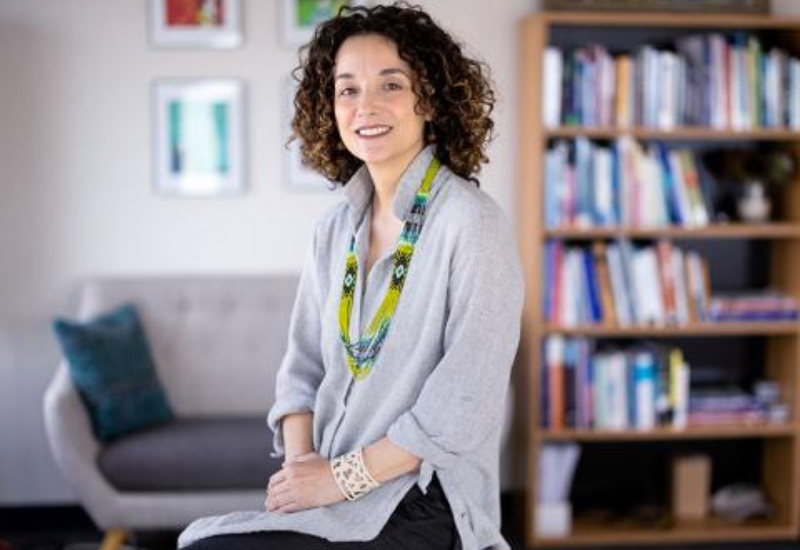
Co-Investigator
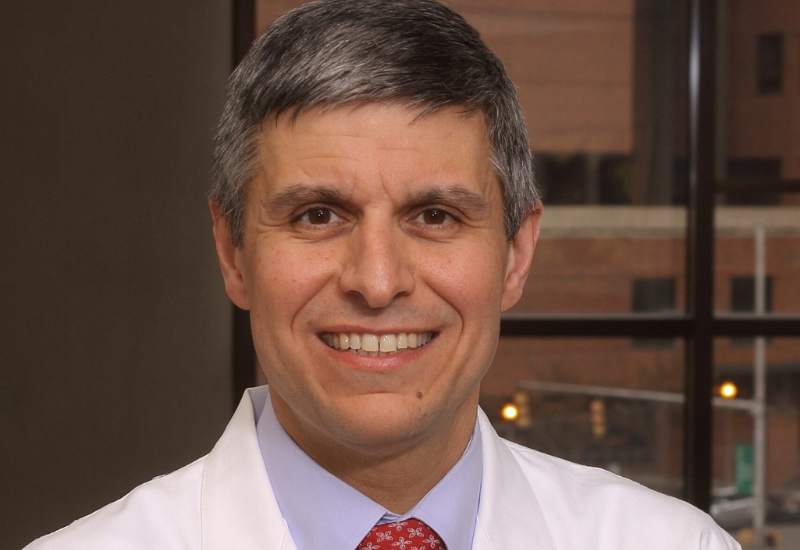
Co-Investigator

Co-Investigator
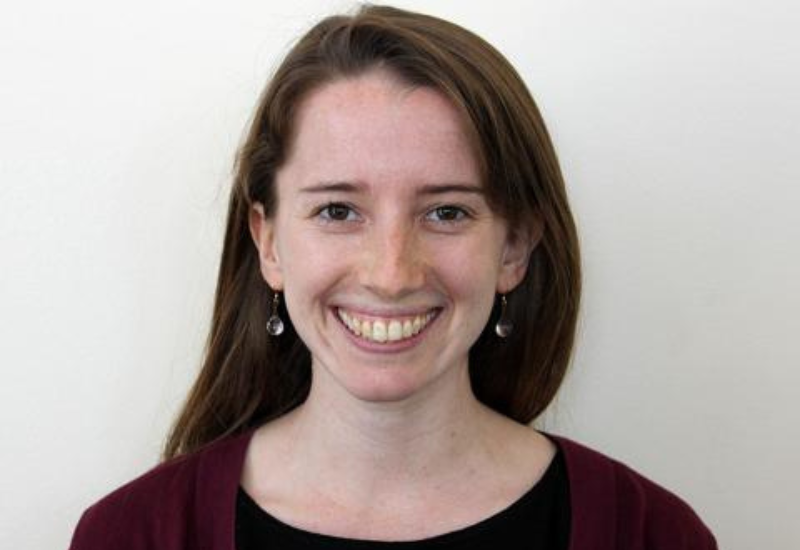
Co-Investigator

Epidemiologist
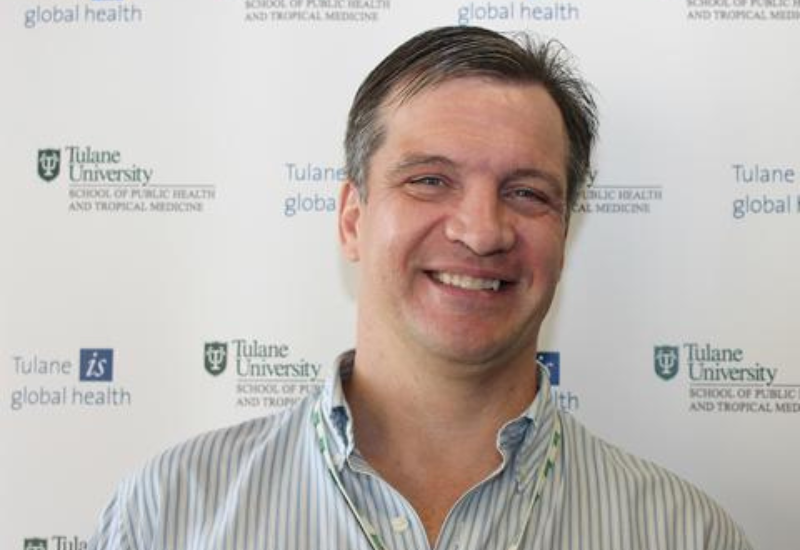
Co-Investigator
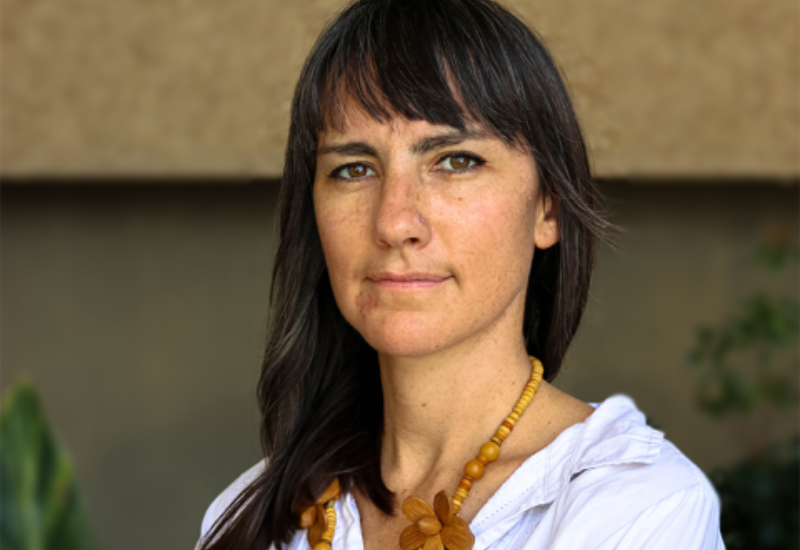
Co-Investigator
This grant U54HD113159 is supported by the Improve Initiative. This content is solely the responsibility of the authors and does not necessarily represent the official views of the National Institutes of Health.
CONTACT
scmhe@tulane.edu
NEXT EVENT
Subscribe to our newsletter.
